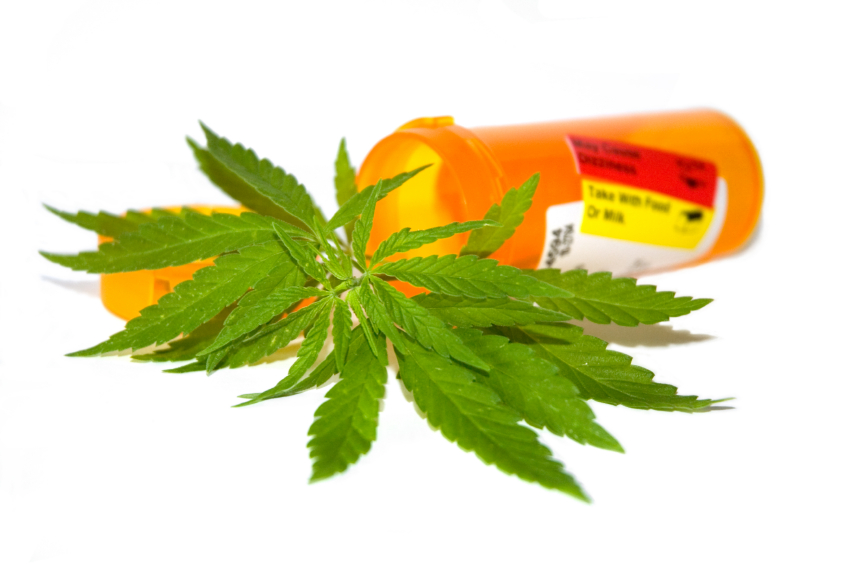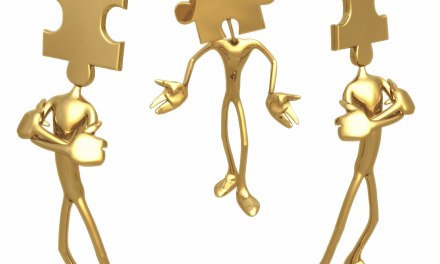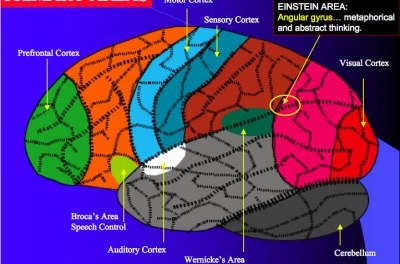From Columbia University’s Mailman School of Public Health comes this NIDA-funded study that raises doubts about the value of cannabis as an aid to treatment for Opioid Use Disorder (OUD):
Cannabis use appears to encourage, not replace, non-medical opioid use
Advocates both within and outside the healthcare arena have pushed hard to include opioid disorders as a qualifying condition for medical cannabis. I’ve found that of concern, for several reasons.
First, there’s no clear link between cannabis and opioids like heroin or fentanyl. Certainly nothing comparable to another opioid, such as methadone or buprenorphine. Why would we expect cannabis to be superior to a range of other drugs, prescription and otherwise, in terms of suppressing craving and withdrawal for opioids?
Next, many if not most of the adults who present for opioid treatment bring along extensive histories with marijuana. Often they’ve been users since adolescence, predating their involvement with opioids. Why hasn’t cannabis already deterred them from developing an opioid disorder?
Last but not least: There’s still not much in the way of scientific proof to support cannabis as a treatment for opioid addiction. Sure, there’s testimony from satisfied users, but that doesn’t qualify as science. Shouldn’t we wait for additional evidence? Assuming, that is, it’s there to be found.
I suspect it might not be.
About testimonials: We know that users can and do become dependent on cannabis. Once dependent, they may experience withdrawal discomfort, often including anxiety. That’s similar to what happens when a methadone or Suboxone maintenance client misses a dose — the anticipatory anxiety around the drug’s absence can be as much a problem as opioid withdrawal itself. And act as a main driver for further drug use.
We should avoid a repeat of past errors in terms of overestimating the safety and effectiveness of certain drugs. Just recall our recent history with prescription painkillers. Or going back just a few more decades with cocaine, when eminent physicians assured us the risk of addiction to coke was relatively low.
Comparable to marijuana, even. You can look it up.
After all, we’re supposed to learn from our experience, aren’t we?
Back to this most recent study: the sample included 211 New York area subjects described as “predominantly male, urban, unemployed, unmarried, and had a high prevalence of substance misuse and pain.” That’s a typical clinic population, all right. One we might expect to find in a treatment program anywhere in the U.S.
Based on their findings, the researchers concluded that cannabis “… is not an effective way to limit non-medical opioid use.”
Meaning it doesn’t seem to suppress the desire to use opioids. Which among people with OUD, would be a key to success.
So why rush to include OUDs among the many current qualifying conditions for a medical cannabis card?













